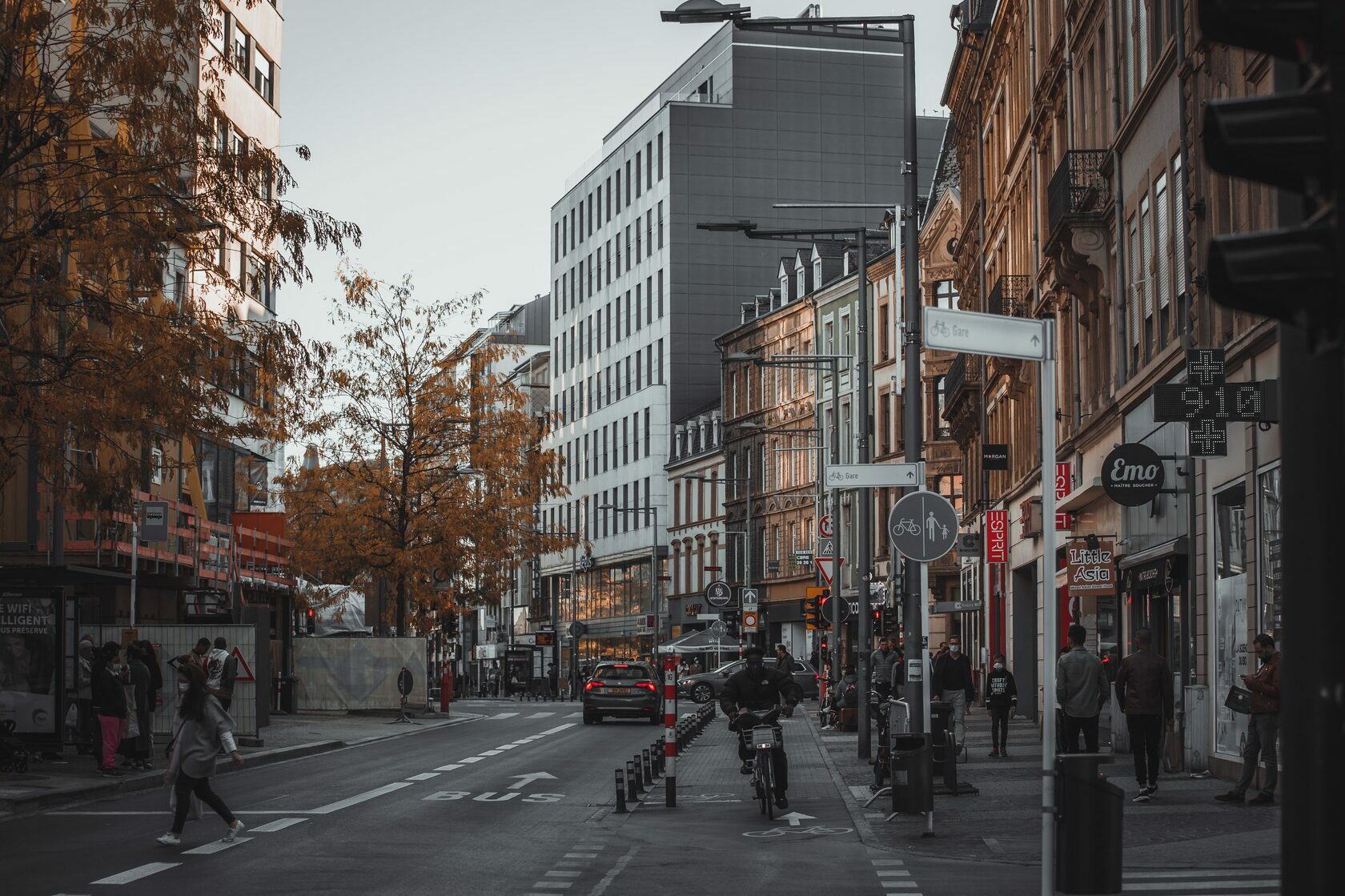Luxembourg, a small European country, stands out for its modest population size. Let's delve into this matter in this article!
Total population of Luxembourg
As of November 2023, with a population of approximately 657,261 people, Luxembourg maintains a relatively small population compared to many other countries.
Population of Luxembourg 2022
Following a demographic deceleration in 2020, the Grand Duchy experienced a growth of 10,667 individuals in 2021, bringing the population to 645,397 residents as of January 1, 2022. This upturn in population, primarily attributed to net immigration, indicates a return to levels reminiscent of those observed before the onset of the COVID-19 health crisis.
Population of Luxembourg 2023
As of 2023, Luxembourg's present population stands at 654,768, reflecting a 1.11% growth compared to the figures recorded in 2022.
Luxembourg population by religion
The religious landscape in Luxembourg is characterized by Christian dominance, particularly Roman Catholic, constituting 70.4%. Muslims make up 2.3%, while the category of "other" encompasses various beliefs such as Buddhist, folk religions, Hindu, Jewish, accounting for 0.5%. Additionally, a notable portion, 26.8%, identifies with no specific religious affiliation.
Jewish population of Luxembourg
Approximately 700 Jews, equivalent to 300-350 families, including diplomats and expatriates, currently reside in Luxembourg. This community represents one of the country's major ethnic minorities, primarily concentrated in Luxembourg City, with a smaller presence in the town of Esch-sur-Alzette.
Luxembourg population by race
The demographic makeup of Luxembourg is diverse, with Luxembourgers constituting the majority at 51.1%. Other significant segments of the population include Portuguese at 15.7%, French at 7.5%, Italians at 3.6%, Belgians at 3.3%, Germans at 2.1%, Spanish at 1.1%, and British at 1%. The remaining 14.6% is comprised of various other ethnic groups (2019 estimates).
Population of Luxembourg: development
In the year 2021, a natural balance (births - deaths) contributed to an increase of 2,201 people, while net migration (arrivals - departures) further boosted the population by 9,376 individuals. International migration played a significant role, constituting 87.9% of the overall population growth for the year.
From January 1, 2021, to January 1, 2022, the population experienced a growth rate of 1.7%. Although slightly lower than pre-pandemic levels, which fluctuated between 2 and 2.5%, it surpassed the 2020 growth rate of 1.4%.
As of January 1, 2022, the average age of the population stood at 40.4 years for women and 39.0 years for men. Notably, foreign residents tended to be younger than Luxembourgers, with Luxembourg women averaging 42.4 years compared to 38.1 years for foreign women. For men, the average age was 40.0 years for Luxembourgers and 38.0 years for foreigners.
From January 1, 2021, to January 1, 2022, the population experienced a growth rate of 1.7%. Although slightly lower than pre-pandemic levels, which fluctuated between 2 and 2.5%, it surpassed the 2020 growth rate of 1.4%.
As of January 1, 2022, the average age of the population stood at 40.4 years for women and 39.0 years for men. Notably, foreign residents tended to be younger than Luxembourgers, with Luxembourg women averaging 42.4 years compared to 38.1 years for foreign women. For men, the average age was 40.0 years for Luxembourgers and 38.0 years for foreigners.
Population growth (annual) of Luxembourg
The population of Luxembourg is growing at a rate of 1.5% per year.
Major solution to overpopulation of Luxembourg
Luxembourg, as a small and prosperous European country, might address overpopulation through a combination of progressive policies. These could include robust education programs promoting family planning, ensuring widespread access to contraceptives and reproductive health services. Additionally, fostering economic development and implementing social policies that support work-life balance could contribute to a more sustainable population growth. As a highly urbanized nation, strategic urban planning may also play a role in creating well-designed living spaces that can accommodate population growth without straining resources.


